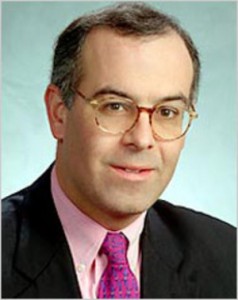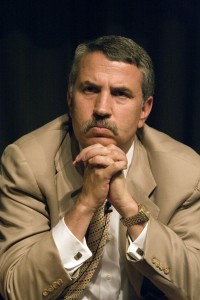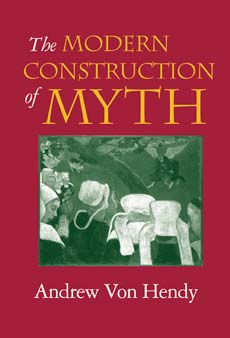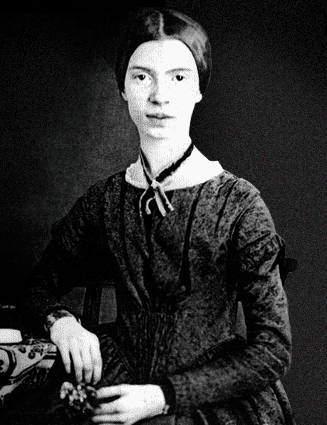

Sigh. David Brooks and Tom Friedman.
I confess I cannot write extensively about either because I can no longer stand to read them. Brooks is a highfalutin reformulator of the conventional wisdom, a perennial apologist for the powers that be. (He’s supposed to be the thinking liberal’s conservative, but for my money the person who matches that description is Andrew Sullivan.) As for Friedman, it’s hard to imagine another serious columnist so undeserving to be taken seriously. He talks and talks and talks and talks. He says almost nothing worth hearing. He’s the Ross Douthat of “liberalism”, proving that, for the privileged, there’s apparently no greater privilege than watching the privileged enjoy their privileges.
But if I can’t rise to the occasion beyond ad hominem characterizations of professional hackery, I can at least leave it to someone who is very very good at it, and reads both closely enough to write extensive uproarious takedowns of their pretensions and considerable intellectual shortcomings — Matt Taibbi.
Taibbi holds Hunter S. Thompson‘s old position at Rolling Stone as chief political correspondent. Like Thompson, he’s as profane as he is articulate, and openly contemptuous of those who abuse their power. He’s also an old school journalist who does the legwork, gets the facts, and provides reportage that is not just cold-filtered polemic (take note, Maureen Dowd). Taibbi is the only high-profile, mass-circulation journalist to take on Goldman Sachs. Last year he produced a notorious article that had them running scared and included this often repeated formulation: “The world’s most powerful investment bank is a great vampire squid wrapped around the face of humanity, relentlessly jamming its blood funnel into anything that smells like money.” Here’s a little taste from a post (“Let Them Eat Work“) that encapsulates Taibbi’s estimation of David Brooks:
Would I rather clean army latrines with my tongue, or would I rather do what Brooks does for a living, working as a professional groveler and flatterer who three times a week has to come up with new ways to elucidate for his rich readers how cosmically just their lifestyles are? If sucking up to upper-crust yabos was my actual job and I had to do it to keep the electricity on in my house, then yes, I might look at that as work.
But it strikes me that David Brooks actually enjoys his chosen profession. In fact, he strikes me as the kind of person who even in his spare time would pay a Leona Helmsley lookalike a thousand dollars to take a shit on his back. And here he is saying that the reason the poor and the middle classes are struggling is because they don’t work hard enough. Is this guy the best, or what? Does it get any better than this?
Now, that’s speaking truth to power. (More Taibbi on Brooks here and here.)
Continue reading →




